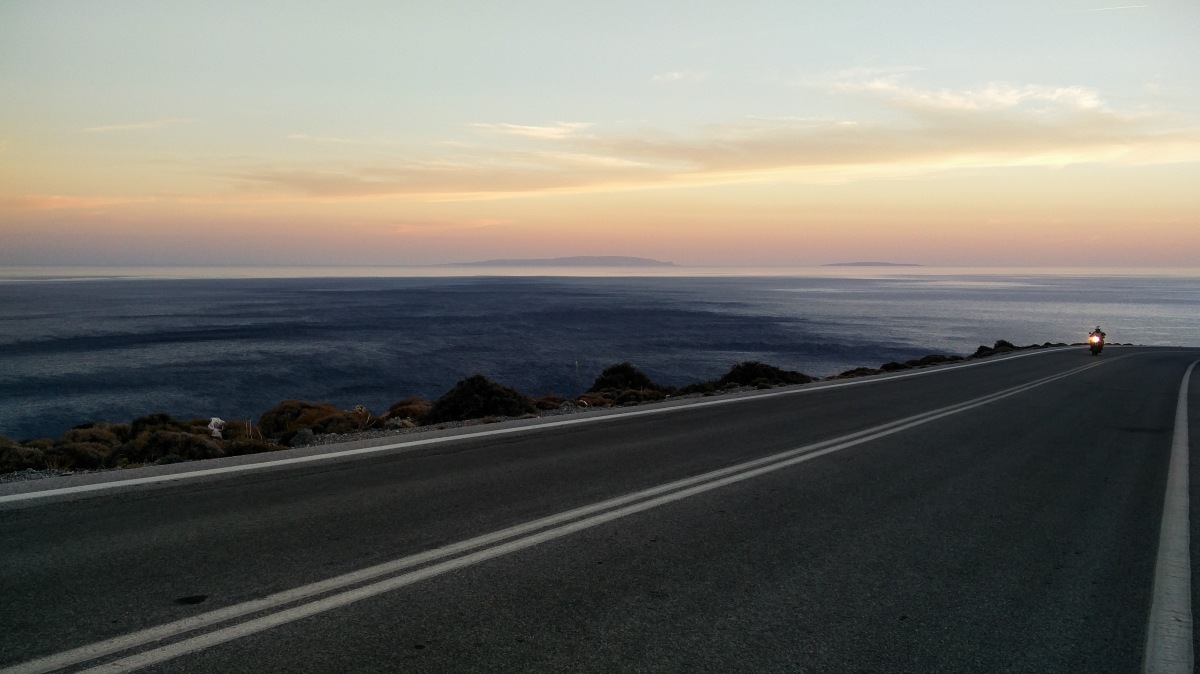In this post, I will present a summary of the social learning evaluation process that was carried out within the Deep Adaptation Forum (DAF) Diversity and Decolonising Circle. This process was led by the research team composed of Wendy Freeman and myself, and involved primarily the people who identified as part of this circle between April and December 2022. For reasons of space, this analysis is not discussed in detail within the body of my thesis. However, it is presented in full within Annex 5.3.
(See the previous post for an introduction to the DAF research project, and for more details about the social learning theory that was used.)
In what follows, I start off by introducing the social learning space that I’m considering here. I then mention the aspirations expressed by its participants, before presenting a summary of the seeds, the soil, and the sowers who have brought about the social learning. I conclude the summary with a critical discussion of these findings.
Continue reading “DAF (2): The Diversity and Decolonising Circle”


